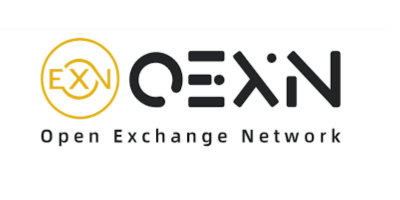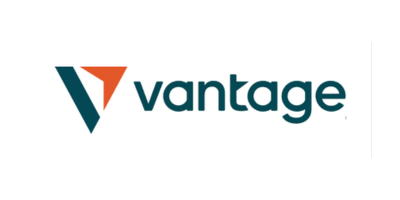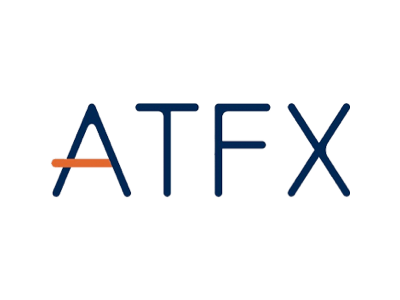NZ FMA - Financial Markets Authority

- Website: https://www.fma.govt.nz/
- Founded: 01/05/ 2011
- Operated by: Independent Royal Organization
- Country: New Zealand
- Hotline: +64 3 962 2695
- Email: questions@fma.govt.nz
Who is the Financial Markets Authority (FMA) New Zealand?
The Financial Markets Authority (FMA – Te Mana Tātai Hokohoko) is the New Zealand government agency responsible for financial regulation. The FMA is an Independent Crown Entity, established to promote and facilitate fair, efficient, and transparent financial markets, while encouraging confident and informed participation by businesses, investors, and consumers in financial markets.
The FMA was established on May 1, 2011, after the Financial Markets (Regulators and KiwiSaver) Act was passed by the New Zealand Parliament on April 7, 2011. The FMA’s creation aimed to address criticisms that its predecessor (the Securities Commission) had failed to prevent the collapse of numerous finance companies and investor losses between 2006 and 2010.
The FMA is governed by a Board appointed by the Minister of Commerce and has a Chief Executive. The Board focuses on strategic issues and key policies that determine the FMA’s overall success.
Who is Regulated by the Financial Markets Authority (FMA) New Zealand?
The FMA regulates and licenses a range of entities and individuals that provide financial products and services in New Zealand. The regulated entities include:
Financial Service Providers (FSPs): This includes banks, non-bank deposit takers (NBDT), insurance companies, fund managers, derivatives issuers (such as Forex & CFD platforms), Discretionary Investment Management Services (DIMS), and crowdfunding providers.
Financial Advisers: Any individual or entity providing financial advice to retail clients must be licensed by the FMA as a Financial Advice Provider (FAP).
Financial Product Markets/Exchanges
FMC reporting entities: Companies and entities involved in the creation, promotion, sale, or trading of financial products have financial reporting obligations to the FMA under the Financial Markets Conduct (FMC) Act.
Supervisors and Managers of Registered Schemes/Programmes: This includes managers of registered schemes and independent trustees of restricted schemes.
What Does the Financial Markets Authority (FMA) New Zealand Regulate?
The FMA regulates the following key areas:
Licensing and Oversight: It licenses financial service providers, product issuers, and related individuals, then monitors their compliance with regulations.
Rule-making and Enforcement: It sets rules and guidelines to ensure fair and transparent market operations. The FMA enforces key Acts, including:
Financial Markets Conduct Act 2013 (FMC Act): This foundational Act governs the offering of financial products, the conduct of financial service providers, and the operation of financial markets.
Anti-Money Laundering and Countering Financing of Terrorism Act 2009 (AML/CFT Act): Ensures financial institutions comply with anti-money laundering and counter-terrorism financing regulations.
Financial Markets (Conduct of Institutions) Amendment Act 2022 (CoFI): Ensures financial institutions treat consumers fairly.
Investigation and Enforcement: It investigates misconduct and applies enforcement measures to address behaviors that harm the functioning of financial markets, aiming to raise conduct standards and deter misconduct.
Education and Information: It provides information and resources to consumers and investors so they can make more informed investment and financial decisions.
How to Resolve a Dispute with a Broker/Financial Service Provider Regulated by the Financial Markets Authority (FMA) New Zealand?
If you have a dispute with a broker or financial service provider regulated by the FMA, the resolution process typically involves the following steps:
Step 1: Contact the Financial Service Provider Directly.
By regulation, all financial service providers dealing with retail clients in New Zealand must have an internal complaints resolution process. You should contact the broker or financial service provider directly to present your complaint and attempt to resolve the issue.
Step 2: Contact an Independent Dispute Resolution Scheme.
If the dispute cannot be resolved directly with the service provider, you can escalate your complaint to an Independent Dispute Resolution Scheme. All financial service providers serving retail clients are required to be members of an approved independent dispute resolution scheme.
Information regarding the dispute resolution scheme a provider is a member of is usually disclosed in their public documents or can be found on. Financial Service Providers Register (FSPR)
Some common schemes include:
Financial Dispute Resolution Service (FDRS)
Financial Services Complaints Limited (FSCL)
Insurance & Financial Services Ombudsman Scheme Inc. (IFSO)
These schemes provide free and independent services to help parties reach a fair resolution.
Step 3: Submit a complaint to the FMA (if necessary).
Important note: The FMA does not have a direct role in resolving individual complaints or providing compensation to individuals. Their primary role is to investigate and enforce regulatory breaches that could affect the wider market.
However, if you believe that a financial service provider is breaching their obligations or their conduct could harm others, you can submit a complaint to the FMA. Your information will help the FMA monitor the industry and potentially take enforcement action if needed. You can submit a complaint at:















